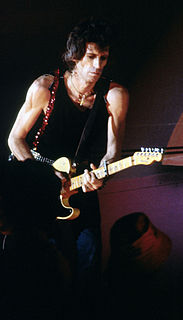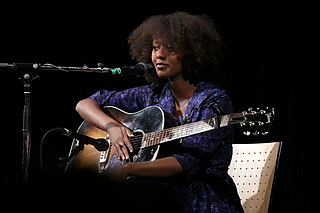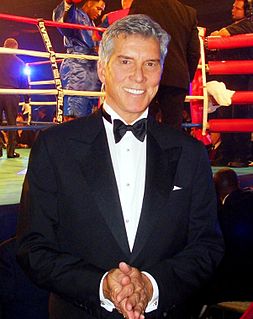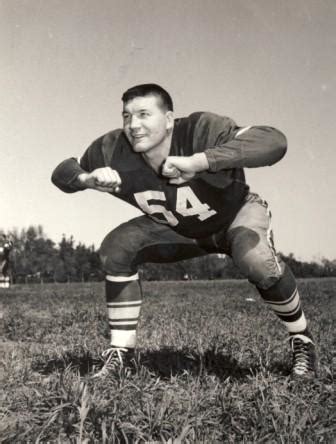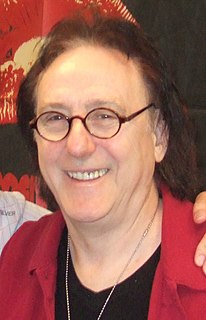A Quote by Keith Richards
Another thing to do with the blues is how they were recorded. They were done on the quick, and some of that stuff was made on wire, not even tape, let alone digital.
Related Quotes
I thought that the behavioral and some of the profiling stuff was interesting. The thing that I was most interested in, and the thing that we were really adament about, was let's get these guys who were there on tape, or in some kind of way, telling what happened. No one has really talked to them all.
There's a lot of women in blues music, lots of strong women and that sort of stuff. It's not the first thing that comes to mind when you think about blues. There were a lot of powerful blues guitar players in the olden times that were women. It's just that when you think about blues, you have this one image in your mind.
I know that sounds so circular, but for you, what you were made to do, is different than what I was made to do. But instead of spending all of our time having Bible studies about what we were made to do, go do stuff and you'll figure out what you were made to do, because you'll be great at some things and you'll be terrible at others.
What happened on "As Cool As I Am" was, you know how in the `90s, "the personal is political, the political is personal"? That was a really big thing. Choices you made about how you recorded and what instruments you used and how much real versus how much synthetic. Those were choices that were seen as very political at the time.
We made it. Despite the fear and predictions of doom. We made it. Even though there were days when we were tired and there were days when we forgot who we were. We made it. And we must thank the stars for this. And the birds for their beautiful songs. And the strangers who were careful to smile. We made it.
All children in the '50s were taught manners, they were taught to say please and thank you, they were taught not to be rude. And I'm seeing some problems today where somebody's losing a job because they made fun of a fat lady that couldn't fit in the elevator. I mean that was the sort of thing that, when I was eight years old, my mother made it very clear to me that that was not okay to say that kind of stuff.
I'm always looking for older equipment and ways of recording, but you can't escape the fact that it's all going to be digitized and reduced. I do think music sounds better when it's on tape and more simply recorded. I've been arguing with people for 10 years about tape versus digital, and I believe tape is absolutely essential in getting the sound that's conducive to the enjoyment of music. I wonder if it's going to go back to that. Sometimes I think it has to. As music becomes more computer-based, it's lost some emotional impact.
